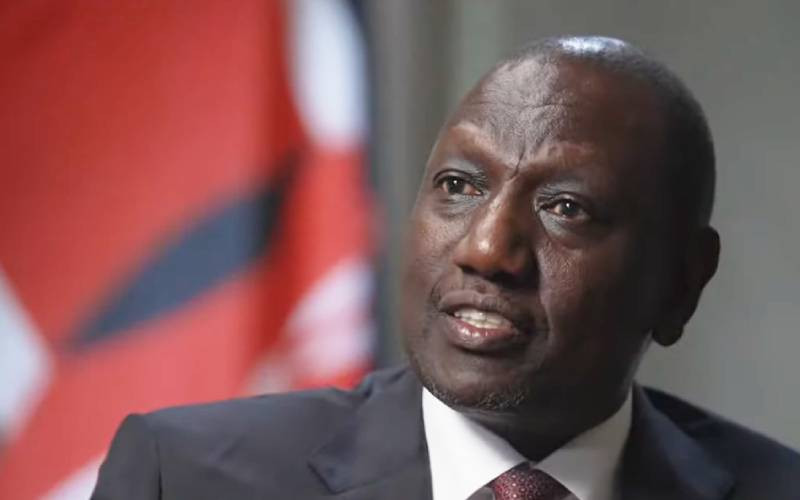×
The Standard e-Paper
Kenya’s Boldest Voice

President William Ruto has allayed fears that he could oversee an authoritarian regime as he starts serving his term as Kenya's fifth president.
An authoritarian leader makes decisions on policies, procedures and group objectives with little or no input from his or her team members or followers.